Are you facing a challenging situation with an eviction notice and need a little more time to sort things out? Crafting the right letter can make all the difference in your request for an extension. In our article, we'll guide you through an effective letter template that not only conveys your circumstances but also appeals to your landlord's understanding. Keep reading to discover how to write a compelling request that stands a better chance of success!
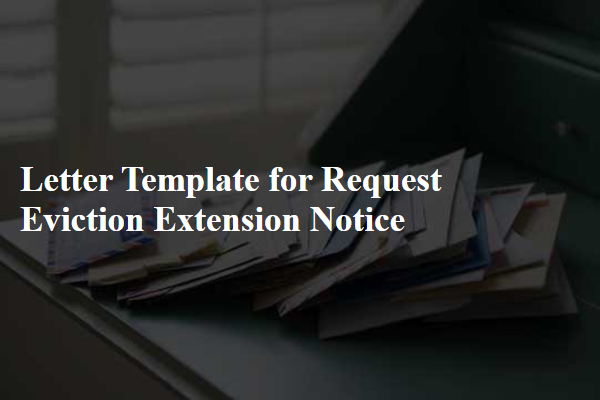
Tenant Information and Contact Details
The eviction extension notice requires a precise understanding of both tenant and landlord rights under local rental laws. Tenant information, including full name, current address, and contact number, should be accurately documented. Contact details must ensure effective communication between both parties. Relevant legal documents, such as previous eviction notices or rental agreements, should also be attached for reference. Additionally, deadlines for response and any stipulations regarding payment plans or temporary extensions must be clearly outlined to avoid confusion. This formal request should also specify the reason for the extension, providing necessary context to the landlord regarding the tenant's situation, ensuring adherence to local regulations and maintaining open dialogue.
Landlord or Property Management Contact Information
Landlords and property management companies often face eviction requests for tenants due to various reasons, including non-payment of rent or lease violations. In such situations, the communication typically follows a structured format. The contact information for the landlord or property management should include essential details such as full name, business name, address (including city and zip code), phone number, and email address. This information ensures that the correspondence is directed to the appropriate party, facilitating efficient communication regarding eviction extension requests. Providing a clear timeline for responses and outlining consequences for failure to comply can be crucial in these notices, while any additional references to local landlord-tenant laws may further clarify rights and obligations.
Current Eviction Deadline and Requested Extension Timeframe
Current eviction deadlines can vary significantly based on jurisdiction; for instance, in New York City, the deadline for tenants to vacate can be within 14 to 30 days following the issuance of an eviction order. Often, tenants may seek an extension, typically ranging from 30 to 90 days, to secure alternative housing arrangements. This timeframe allows individuals to navigate the complexities of finding affordable housing in high-demand areas. Upon receiving an eviction notice, tenants may also inquire about any legal assistance programs available to them in their local area, which can provide support during this challenging transition period. Additionally, communication with local housing authorities is advisable to understand specific regulations that may apply to their unique situation.
Reason for Request and Supporting Documentation
A request for an eviction extension notice should include specific reasons and relevant supporting documentation. Reasons might include pending legal proceedings, financial hardships, or personal circumstances, such as illness or family emergencies. Supporting documentation can include medical records, bank statements, court documents, or letters from social services agencies. In many jurisdictions, renters facing eviction may be eligible for assistance programs that can provide temporary financial relief or mediation services. Providing comprehensive evidence, such as payment histories or communication records with landlords, can strengthen the request and enhance the chances of obtaining an extension, potentially allowing more time for tenants to secure rental assistance or find alternative housing.
Expression of Willingness for Communication and Negotiation
An eviction extension notice demonstrates a tenant's intention to communicate regarding their current living situation, particularly when facing non-renewal of a lease at a residential property in a particular neighborhood. This request often arises in cities with competitive rental markets, where the tenant may need additional time to secure alternative housing accommodations. The tenant expresses willingness to negotiate terms, potentially discussing flexible move-out dates or payment arrangements to alleviate financial strain. A clear articulation of these intentions helps foster dialogue and might yield favorable outcomes, such as reduced pressure for immediate relocation and an opportunity for both parties to reach a mutually agreeable solution.

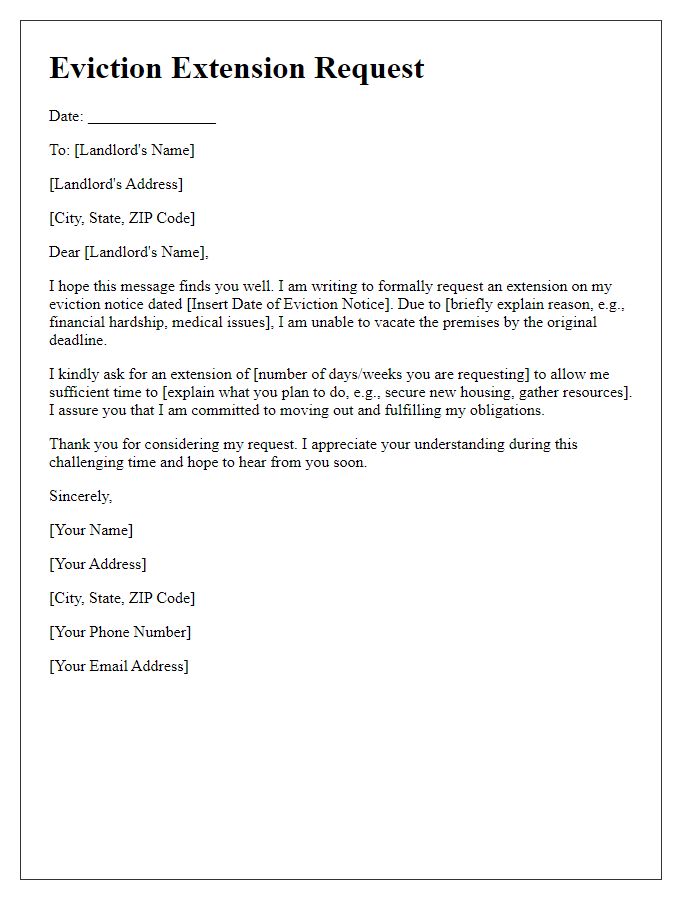
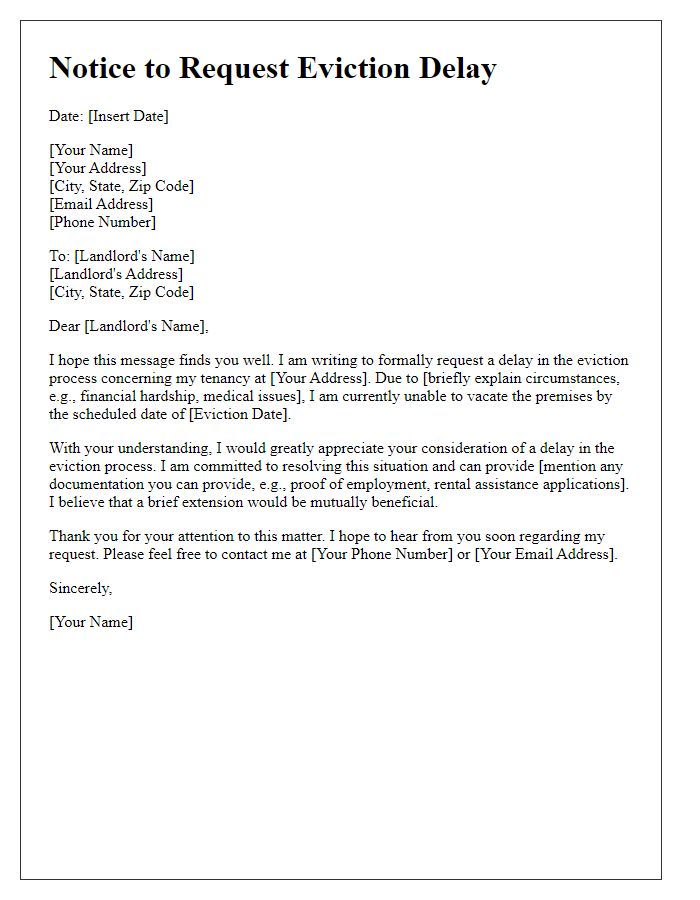
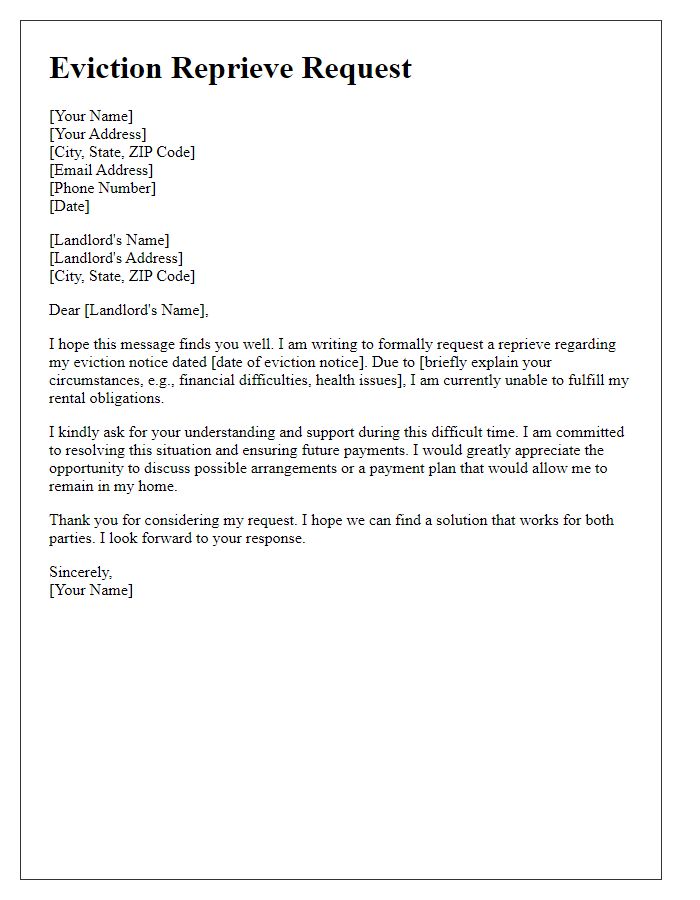
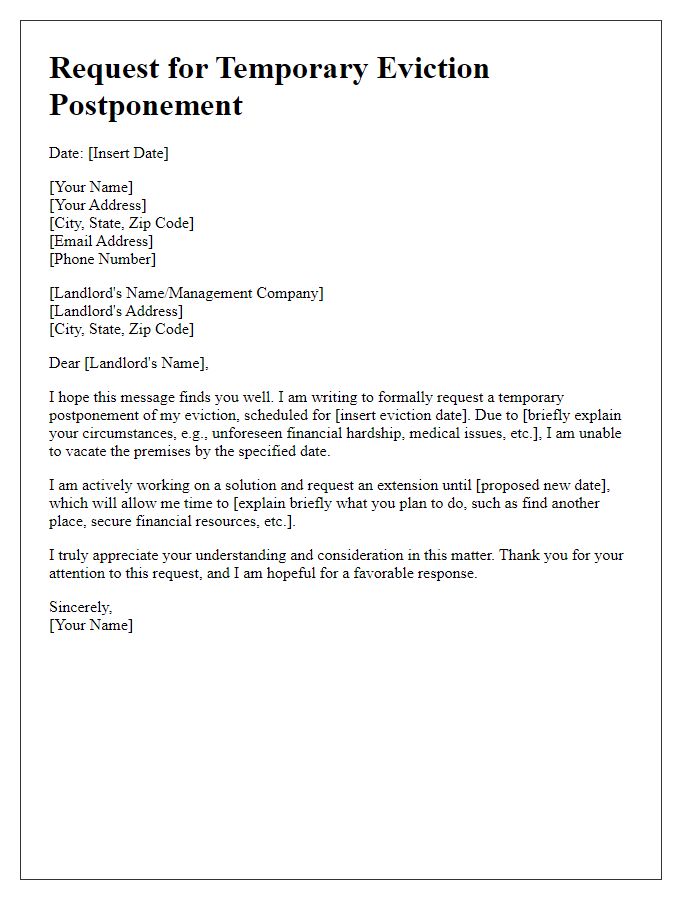
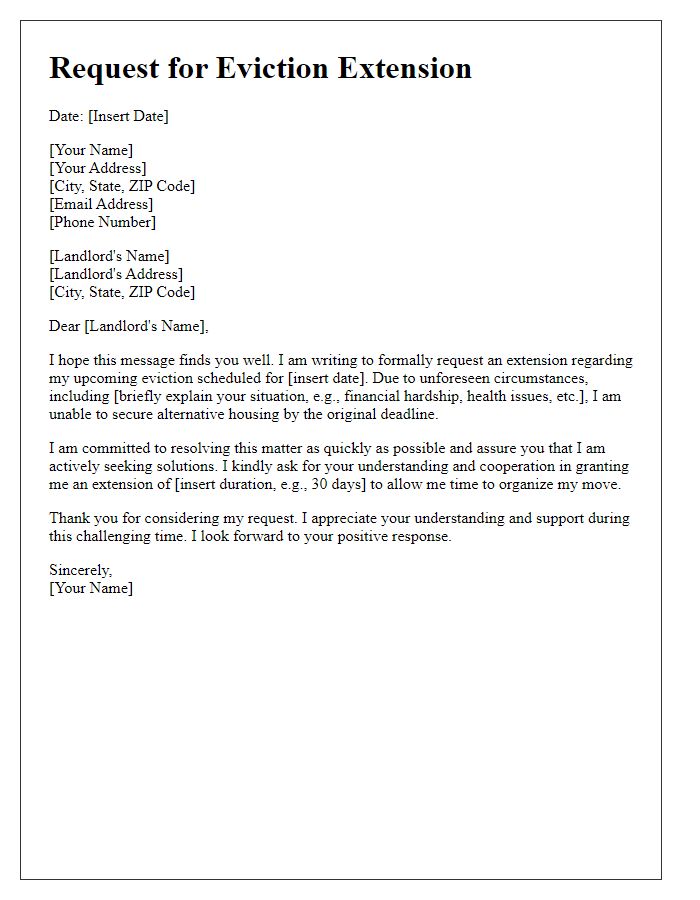
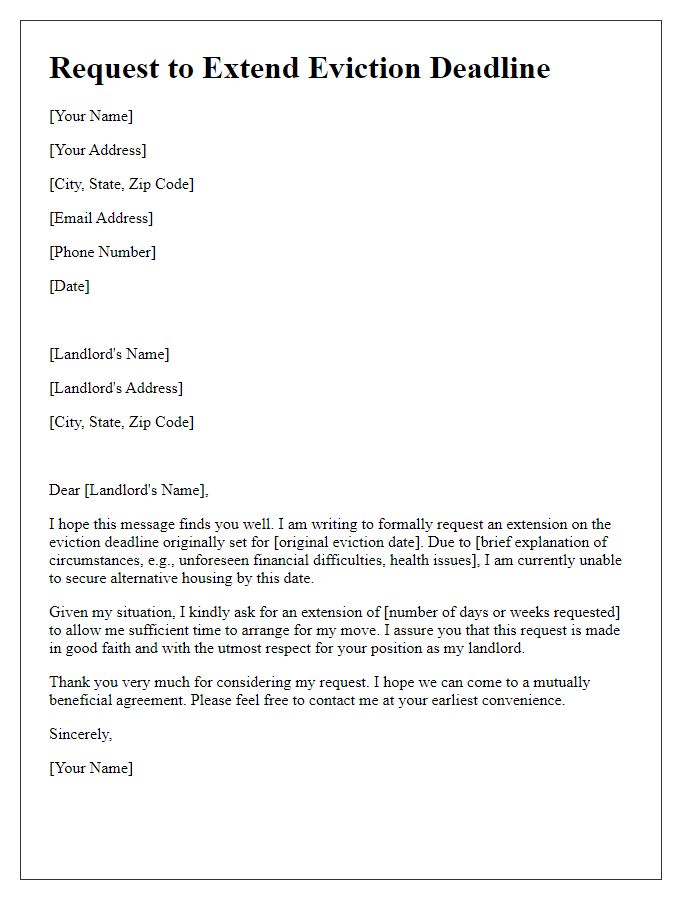
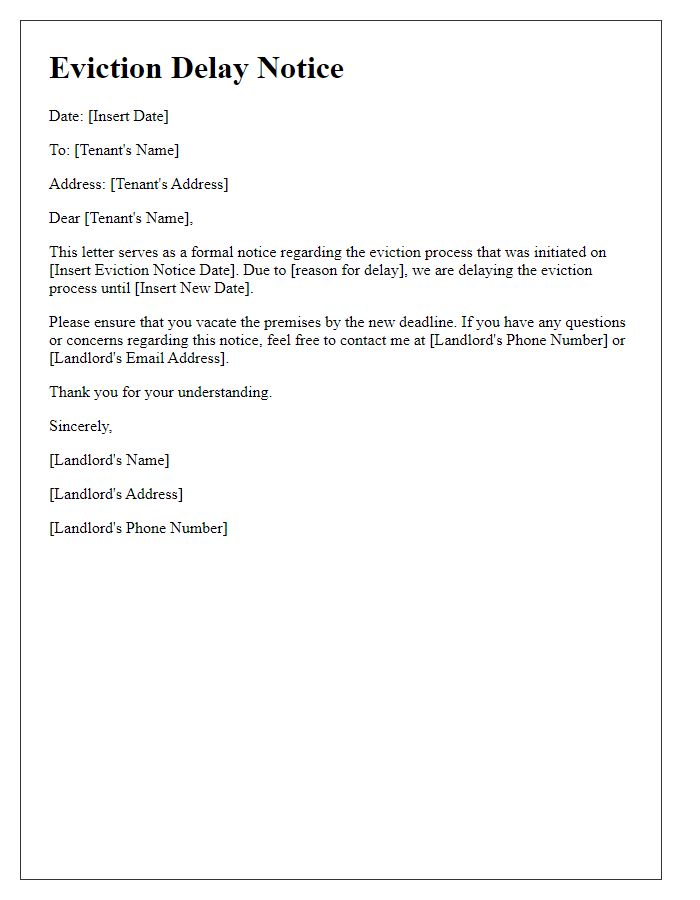
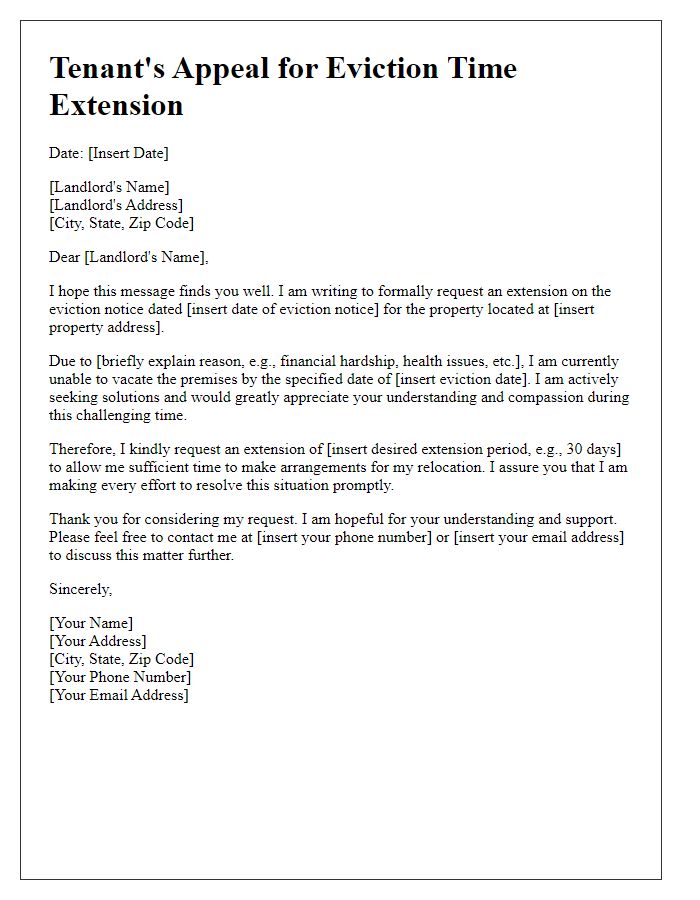
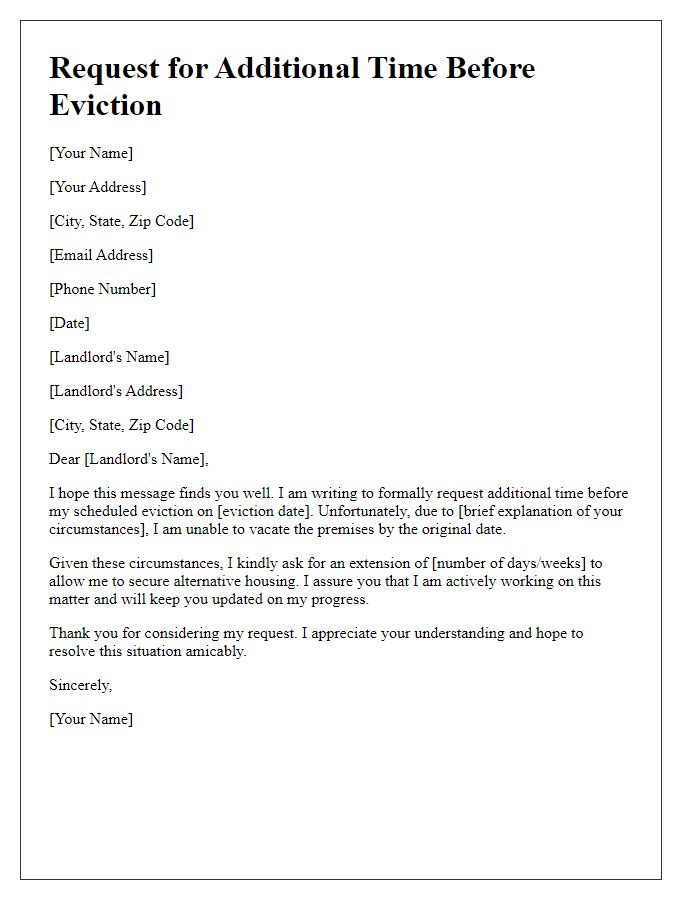
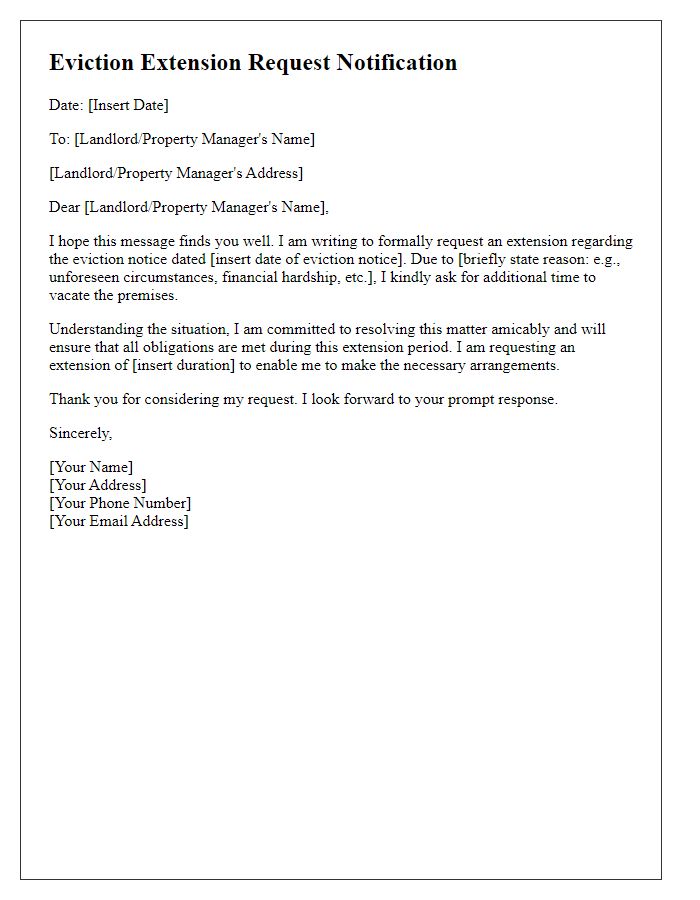

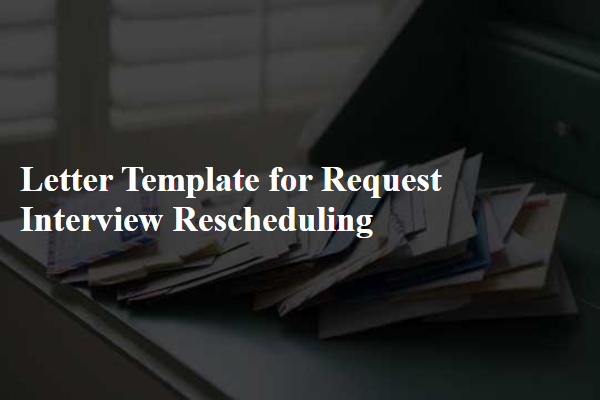
Comments